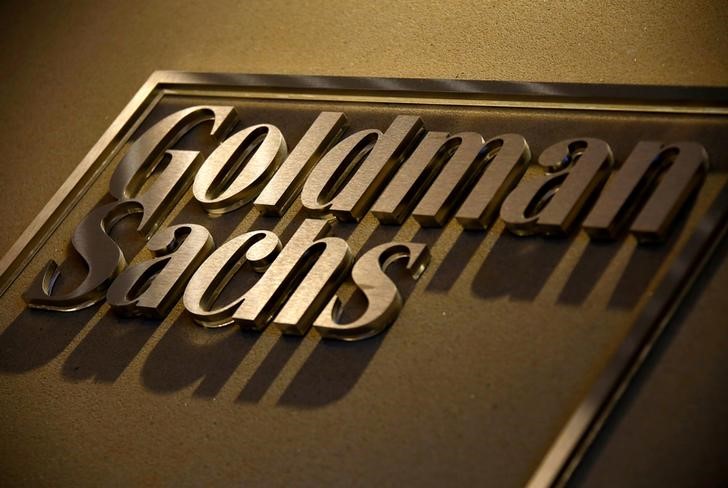In a recent development, the risk of the US Treasury Department facing a federal payments default as early as June has been significantly lowered due to an unexpected increase in tax inflows. This information comes from Goldman Sachs Group Inc (NYSE:GS), which had previously warned that weak revenues could hasten the point at which the US government would reach its borrowing limit under the federal debt ceiling.
Last week's data on tax receipts showed surprisingly high numbers when paper checks for federal tax payments were being processed. The amount collected exceeded last year's comparable day by 14%, according to Goldman. As a result, if this trend continues, it is predicted that the Treasury will be able to manage all scheduled payments until late July without needing an increase in their debt limit.
Alec Phillips, a Goldman economist, shared his insights with clients through a note on Wednesday. He now estimates that during the second week of June, the department will come within $50 billion to $60 billion of exhausting its available resources.
Debt Limit Extension Remains Stalled Amid Partisan Disagreements
Despite these developments easing concerns about an imminent default risk, there is still no indication of any resolution regarding extending America's debt limit due to ongoing political disputes between Democrats and Republicans. On one hand, House Republicans have recently passed a bill aiming to raise this limit for approximately one year while also reducing spending over time, however President Joe Biden and congressional Democrats are opposed to attaching conditions and continue advocating for an uncomplicated bill like those approved during former President Donald Trump's administration.
The passing of this new legislation might strengthen Republican demands for policy negotiations alongside increasing America’s debt limit. According to Phillips, assuming that the deadline gets extended to late July, these talks might not begin for several weeks or even longer. In his opinion, the most likely policy change accompanying a debt limit increase would be a cap on discretionary spending that is less stringent than what House Republicans have proposed.
